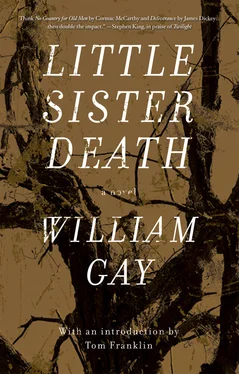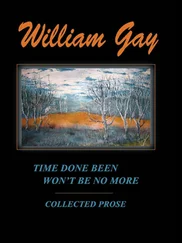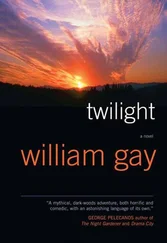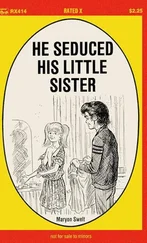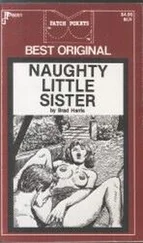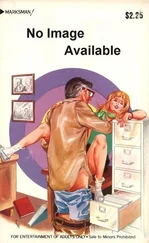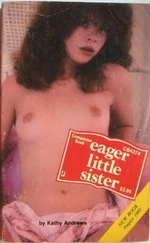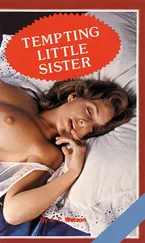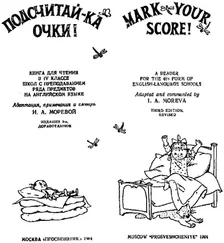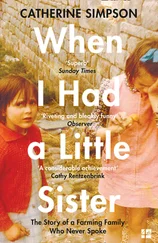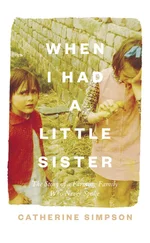The woods turned sere and dry and volatile as gunpowder. Forest fires sprang up, random as the deaths by outbreaks of violence. The air carried the nostalgic scent of woodsmoke and at sunset the air was tinted a hazy blue like Indian summer. The fire was creeping down from Shipps Bend and at night you could watch it feed, the distant line of fire pulsing fine and bright as a burning thread.
Binder climbed out of the bed of the pickup truck with the other three men and turned to help unload the rakes and shovels. The smell of smoke was very strong. He could see it shifting in the air far down the slope and out in what appeared to be a clearing of some sort. He could see the fire approaching, an orange glow that suddenly intensified both in brightness and in speed, enormous showers of sparks shooting upward and the field seemed abruptly to explode.
Boys, that’s reached the sage field, one of the men called, and coming like a goddamned freight train.
Their faces were alternately light and shadow, the strobic orange fire, the moving shadows of the lowering trees.
Binder felt suddenly out of place, wondered why he had bothered to come. The only reason he was there at all was because he had seen a load of firefighters disembarking a flatbed truck in town, and the men had looked so bonetired and weary that the radio announcements beseeching volunteers he had been hearing suddenly became real to him. Their pale eyes burned out of faces and they looked timeless, no part of the eighties, old sepia daguerreotypes, men out of the dustbowl thirties.
Though if he admitted it, the whole truck was a little more complex than that. He had sat on the front porch and watched the smoke, the smoke that rose as if from distant battlefields, and there was a panicky feeling at the back of his mind that the battles were getting closer and he had to choose up sides, that fire might do to the Beale farm what a hundred years of time had not been able to do.
What are we supposed to be doing? he asked.
Hell, we got a gravy train here, the man nearest him said. You lucked out. The state’s already plowed a firebreak and all we got to do is wait.
The men were smokeblacked and weary. They smelled of trees, earth, smoke, and sweat. They had come from the fire at Shipps Bend, Binder and the rest of the volunteers being split up and sent with experienced crew who had already been fighting the fires.
He looked around for someone he might recognize and was surprised to see Charlie Cagle leaning against a tree watching the fire.
Mr. Cagle, he said, I see they got you out here.
Ain’t it hell? Cagle said. They’re down to seeds and stems. Nothin left but little boys and old men like me.
The men formed a loose circle around Binder and Cagle, some leaning on shovels, others hunkered against the boles of trees watching the fire cross the field.
Didn’t figure to see you here. Don’t reckon they get many forest fires in Chicago.
I’m really from East Tennessee, I was only in Chicago for a few months. Woods burn up in the mountains, too.
You the feller lives out on the old Beale place? another asked.
That’s me.
Then it don’t surprise me, you bein here. I know I’d rather fight fire in the piney woods than go to bed ever night out where you do.
Why’s that?
Don’t pay him no mind, Binder, the first man said. Clyde’s a notorious chickenshit. He’s known for it across five or six counties around here.
Not too chickenshit to kick your sorry ass, Clyde said. Too damn tired maybe.
There was an easy camaraderie among the men that Binder had occasionally aspired to but never attained, no matter how hard he tried it always seemed the seams of his effort always showed force, and there was a distance between himself and others he could not breach.
Hell we might as well set, Cagle said, hunkering down and rubbing his knees. Nothin to do till it gets to the firebreak.
What if it crosses? Binder asked.
It won’t if the wind don’t get up, Cagle told him. The break ought to be wide enough to hold it but they got us strung out here to beat out what little fires spring up from burnin leaves blowed across. It don’t take but a minute for a little bitty fire to be a great big one.
I seen you around town but I never met you, a man said out of the dark. He stuck out a grimy hand and Binder shook it. My name’s Buster Sharp, and we was just joshing you about where you live. That place has just always had a bad reputation. Anybody willing to pick up a shovel and help, I ain’t about to piss him off. I expect you’ve heard plenty about that place from folks you’ve met.
Actually I haven’t met hardly anybody, Binder said. Mr. Cagle and Frazier, the A/C man. The only other person I met I never learned who he was. He just beat the hell out of me right quick and left.
Say he did? Where at, in town?
No, out on the farm. I walked up on him in the woods there back of the old Beale house, told him who I was and stuck my hand out the way you just did. He hit me a time or two before I knew what was going on and when I got up he was gone into the woods. Binder laughed. He was real too, there wasn’t anything ghostly about him. My jaw was sore for a week.
Didn’t he say anything?
He said something about snaketraps. I didn’t get all of it.
Son of a bitch, Sharp said, Aaron Swaw.
That’s Swaw all right. His mama was the only one of Owen’s kids that survived. He traps snakes with rabbits in cages. Big heavyset fella with one eye cocked off toward Memphis or somewheres.
Well he was big. It was about dusk when I met him and I didn’t get a real good look at him.
Swaw was a nightmare waiting for a dreamer, lying sweating on his cot in the humid dark going through the list he carried in his head. The list was the name of folks who had done him grievances, real or imagined. A sense of the power he possessed made him giddy and almost ecstatic there in the darkness. With a match to be had for the asking he could destroy anyone he wanted to, and when blame was handed out no one would even think of him.
There was a farmer named Milford on Jacks Branch who had run him off twice for hunting: the second time he had even gotten the drop on Aaron with a.30–06 and taken the brace of squirrels. He had called Aaron names Aaron was not accustomed to answering to. Had he known that his own name had been mentally entered on a little white card in Aaron’s head and that he was just waiting for his lottery number to come up, his sleep would have been more troubled than it was.
As it was he got off light. Aaron only burned his barn. He watched from the hilltop above the farm by the orange flicker. He could see miniature black figures darting about the barn lot, impotent and spastic as the jerking of marionettes on strings. Aaron lay in the leaves and had no word for what he felt, it was better than anything, better than the whitebreasted woman on the Beale farm.
The next night he lay and thought of David Binder, though what he saw in his mind was not a name but a face. He did not even know his name, just thought of him as the Yankee. But he was saving Binder: Binder he was intending to kill, wanted to kill, there was something crazy in his eyes. Binder was going to burn in his sleep and all his family was going to burn with him but he had plans for the woman first, all that he was wanting was the opportunity, and it would come round, it always had before.
Labor Day Weekend, 1982
Vern was a lover, Binder thought, surely amused, watching him study himself critically in the hall mirror. Vern fancies himself a ladies’ man. Vern was leant to the glass, peering closely at his face in the poor light. Now comb your hair, Binder said to himself. Vern took a pocket comb from his hippocket and ran it through his hair, eyed the result. His hair was the color of bright copper wire and it was naturally curly. Binder knew it was naturally curly. Vern had told him.
Читать дальше
